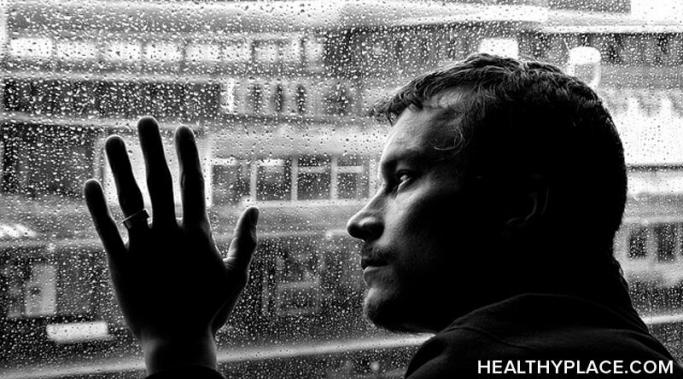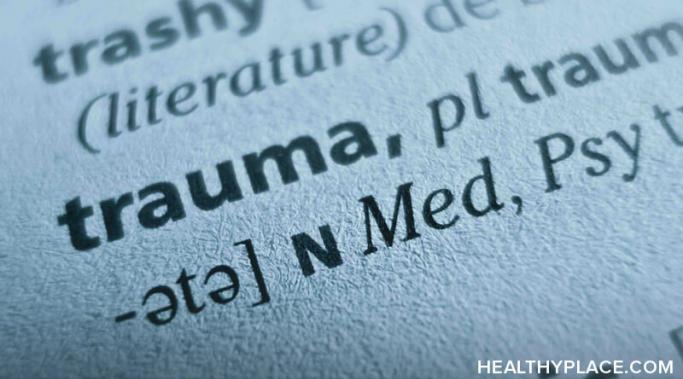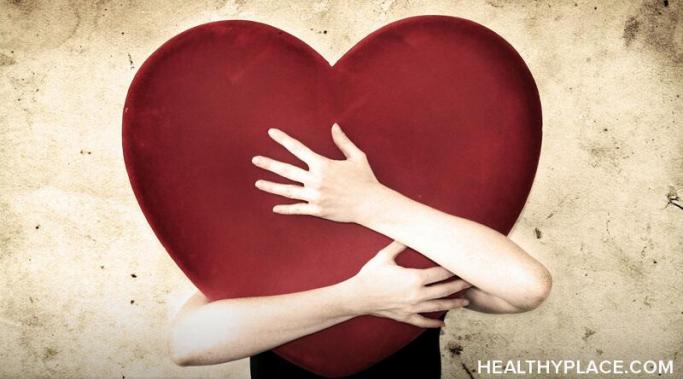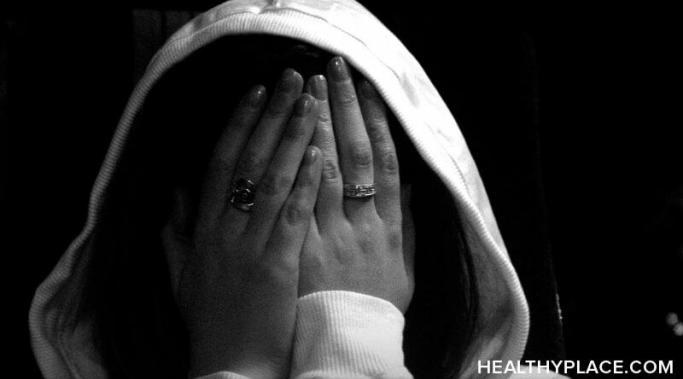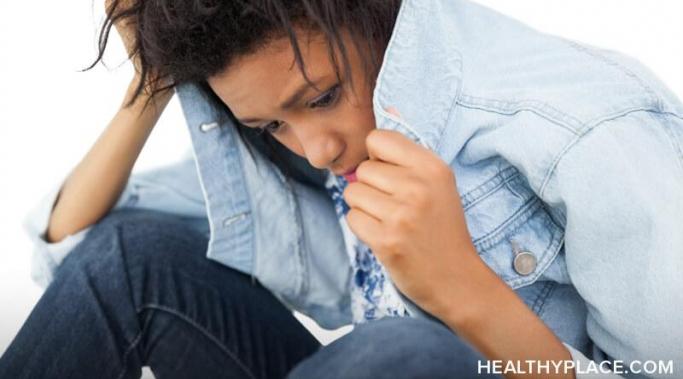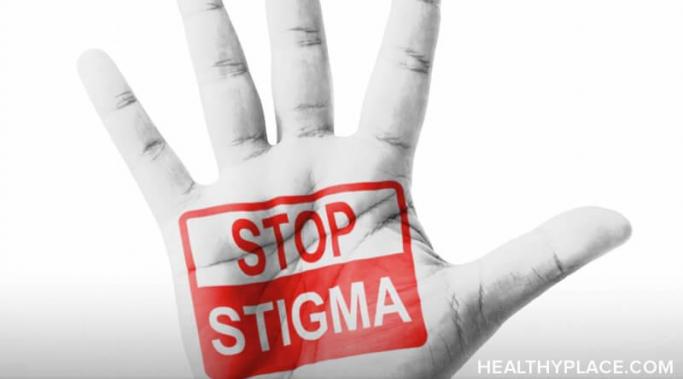We should not underestimate the effects of stressful events on depression. Modern technology offers most of us the opportunity to know what's going on all over the world at any given moment of any given day; yet, so many of the current news stories have the potential to add to our stress and possibly worsen our depression. I've been struggling with managing my depression while also trying to find a balance between being adequately informed versus becoming pulled down into a major depressive episode due to information burnout.
Coping with Depression
There are some of us with depression who have experienced trauma during our lives. This trauma may have occurred prior to or after our diagnosis of depression. For those who have been through traumatic experiences, these events can have a profound effect on their depression. Armed with this knowledge, what can those of us with depression -- and those close to people with depression -- do with this information? (Note: This post contains a trigger warning.)
Many of us who are diagnosed with depression struggle with loving ourselves. We might feel the sting of stigma, whether it's from others, from within us, or from a combination of both. As individuals with depression, some of us deal with negative thoughts, which can make it difficult to foster feelings of love towards ourselves. How can we overcome these challenges and learn to love ourselves?
Why might someone coping with depression develop a tough exterior? Is fostering a tough exterior a good way to cope with depression? Let's explore these ideas.
Depression makes me feel ashamed because it has a way of blurring the distinction between our symptoms and our character. When I get irritated by a comment, is the depression making me oversensitive or did I just not like the comment? When I decide to stay home instead of going out, is it the depression causing me to isolate myself, or do I just feel like staying home? And regardless of whether or not it is the depression, why do I feel so ashamed?
I have a plan to avoid another suicide attempt that came from living with major depression. But it's taken three years since almost losing the war against depression to get it together. I'm so thankful to say that I'm still here and that my suicide attempt failed. That "failure" turned out to be one of my greatest victories. I couldn't see it then, but I certainly see it now. The following thoughts are some reflections on the past three years of my life. (Note: This post contains a trigger warning.)
If you were to ask most people what someone with depression looks like or how someone who has depression might behave, they would likely respond by saying things like, "sad," "crying," "miserable," or "gloomy." While those of us with depression feel these emotions and exhibit these behaviors at times, they certainly don't encompass all that we are. People with depression feel many things over the course of their lives, and it's time to end the stigma and remove the stereotypes associated with depression.
Why do we need to help loved ones with depression during the holidays? While the holiday season takes a toll on everyone to varying degrees, it can be an especially tough time for those of us struggling with depression and other mental health issues. If you have a friend or relative who's struggling, there are a lot of ways — both big and small — to provide just a bit of extra support to help get them through the season.
I've been rereading "A Christmas Carol" by Charles Dickens, and it has occurred to me that depression brings its own ghosts of the past, present, and future. Just as Ebenezer Scrooge had to confront his ghosts, so must we.
Being unproductive during depression is common; depression has a way of depleting us of energy, motivation, and momentum. Productivity requires of us all three of these things. Productivity is also an effective method of combating depression, meaning the very thing we need to feel better is the very thing that we can't have until we feel better.
